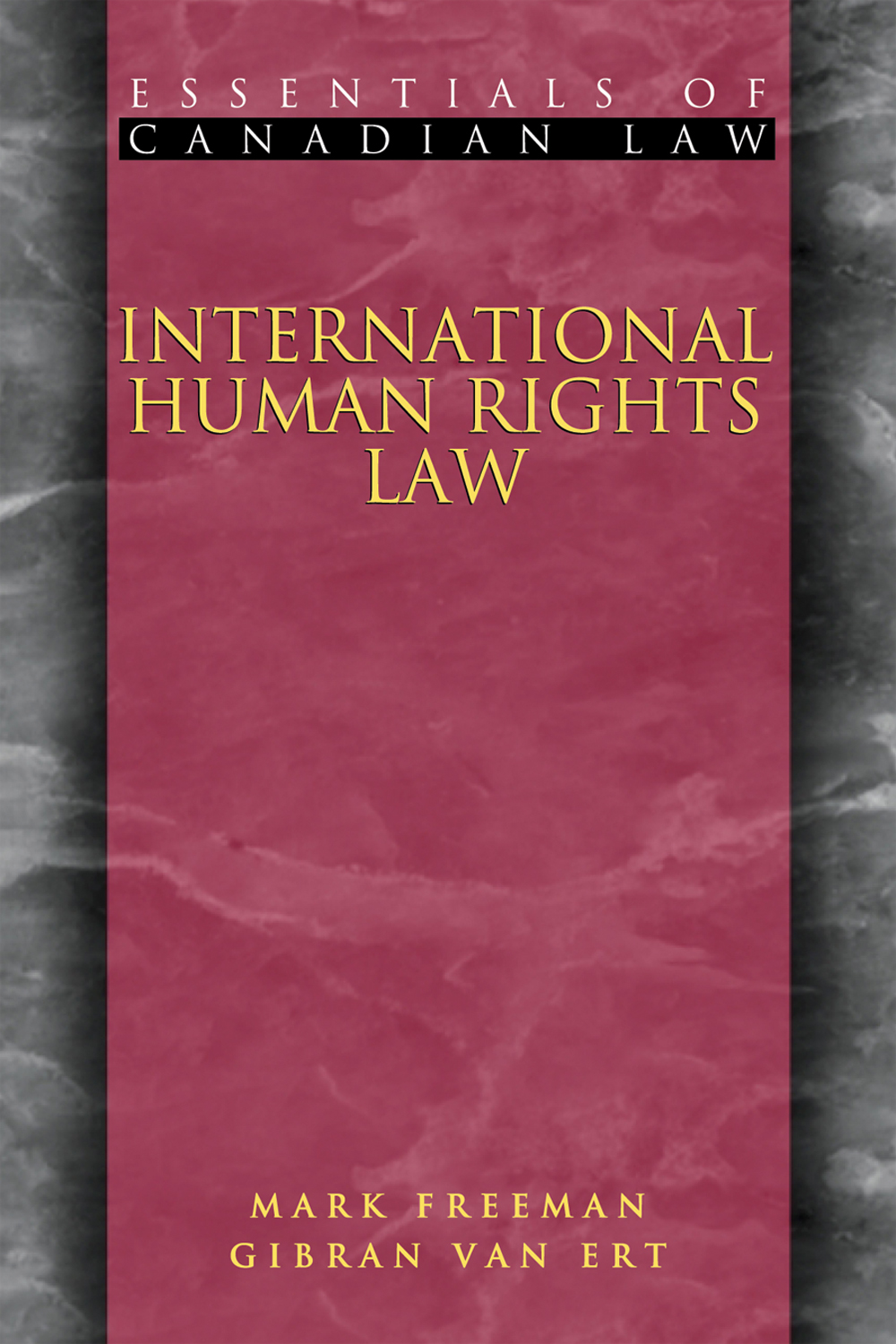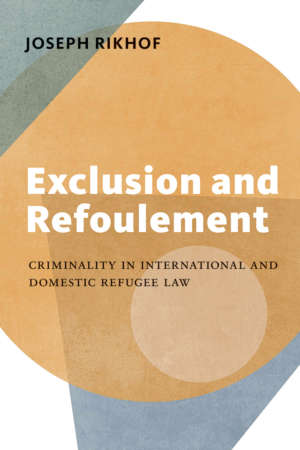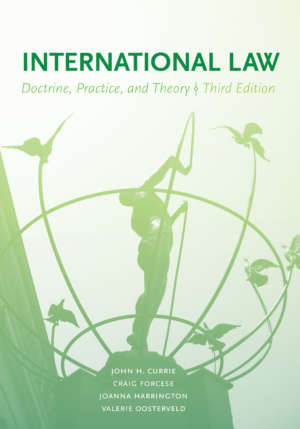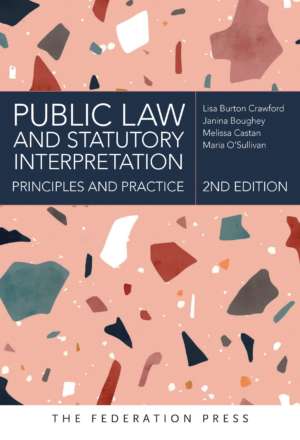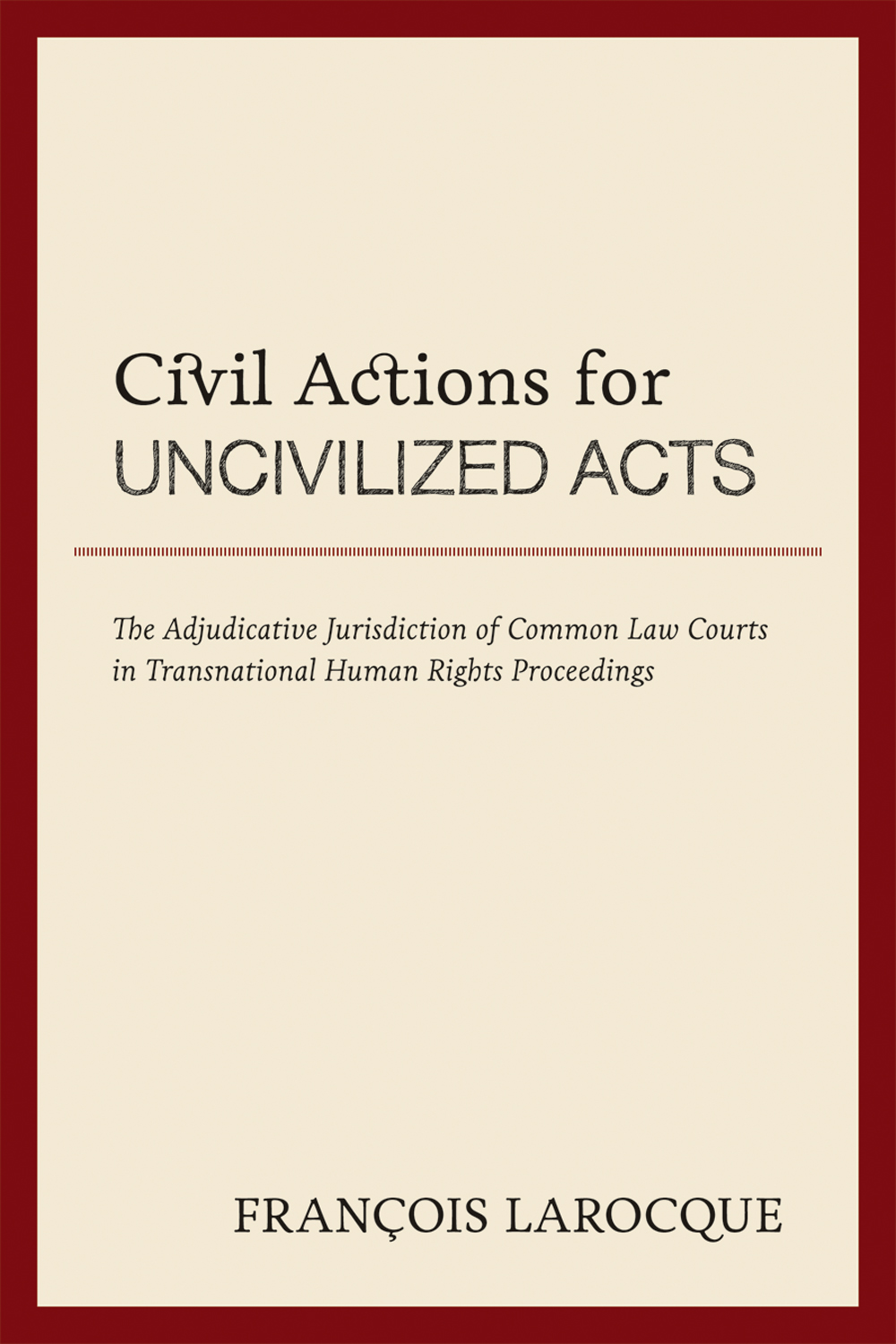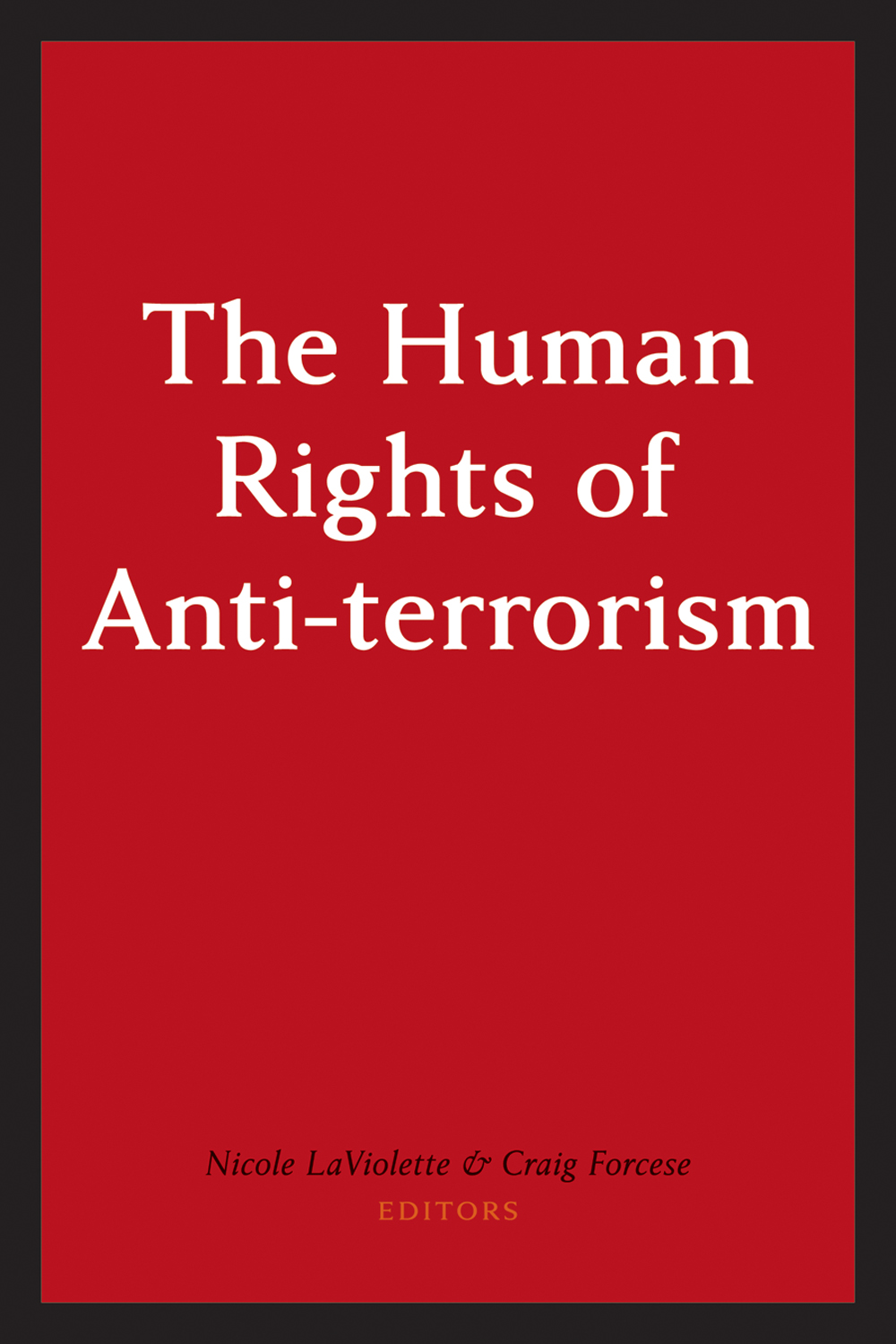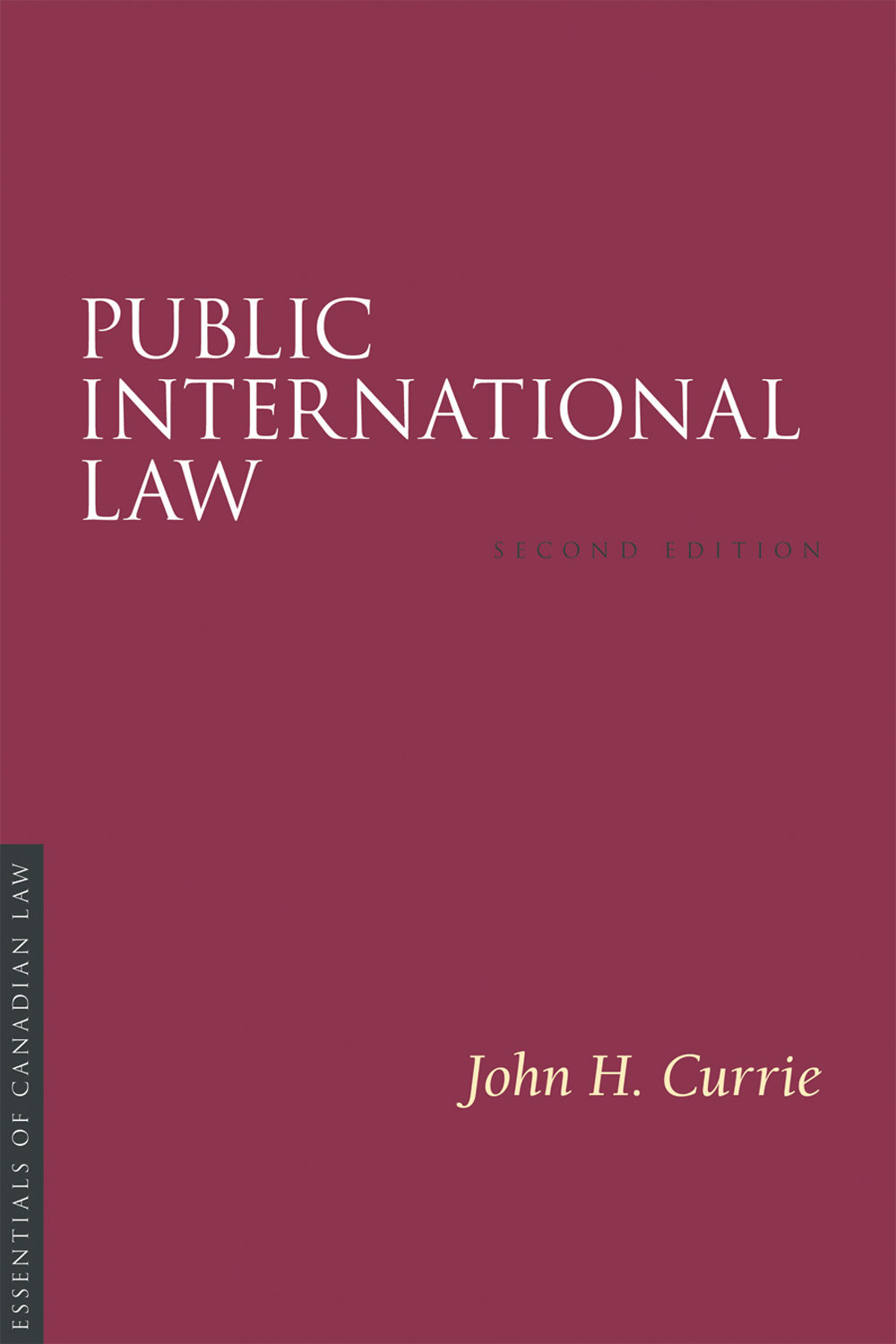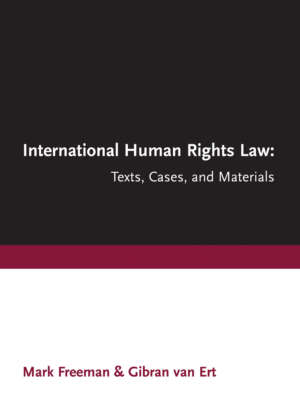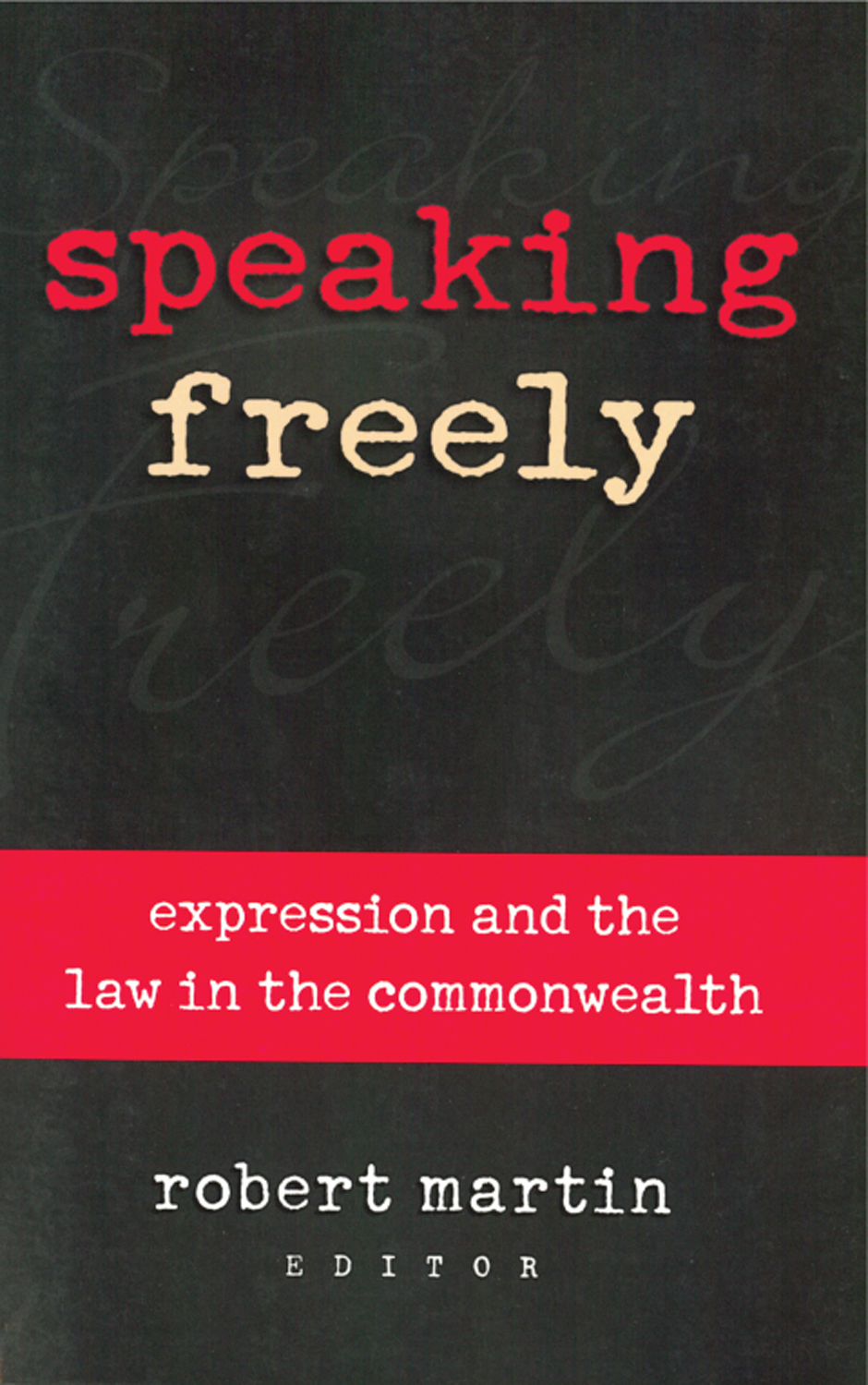Product Description
The last fifty years have witnessed the development of a global system of human rights promotion and protection. Canada has played a significant role in its growth and will likely continue to do so. Yet until now, there has not existed a comprehensive textbook on international human rights law written for Canadians. International Human Rights Law seeks to meet this need in a way that will encourage greater understanding of, and use of, international human rights law by lawyers, students and others.
Part One introduces the international law of human rights, including the related areas of international labour, refugee, humanitarian, and criminal law. The history and sources of international human rights are described and the leading treaties discussed.
Part Two addresses the reception of international human rights norms in Canadian domestic law. After introducing Canadian reception law and the leading Canadian human rights laws, this part embarks on an ambitious survey of the means by which the Charter and other laws implement—or fail to implement—Canadian human rights obligations.
Part Three is devoted to the promotion and protection of human rights in Canadian, international, and (to a lesser extent) foreign law. This part emphasises remedial measures available to victims of human rights abuses, whether suffered in Canada or abroad.
Finally, the conclusion considers contemporary trends and issues in human rights law, including terrorism, humanitarian intervention, transitional justice, and domestic reception.
The book also includes a foreword by the incoming UN Human Rights Commissioner, the Hon. Madam Justice Louise Arbour, and useful appendices on Canadian human rights treaty obligations.
Foreword by Louise Arbour
Preface
PART ONE – THE INTERNATIONAL LAW OF HUMAN RIGHTS
CHAPTER 1: History of human rights
CHAPTER 2: The concept of human rights: theory and contestation
CHAPTER 3: Subjects and sources of international human rights law
CHAPTER 4: The International Bill of Rights
CHAPTER 5: Other UN human rights instruments
CHAPTER 6: Regional human rights instruments
CHAPTER 7: Related fields: international labour, refugee, humanitarian and criminal law
PART TWO – THE CANADIAN RECEPTION OF INTERNATIONAL HUMAN RIGHTS LAW
CHAPTER 8: General principles of Canadian reception law
CHAPTER 9: Reception through the Charter and other human rights laws
CHAPTER 10: Reception of specific international human rights
CHAPTER 11: Reception of international labour, refugee, humanitarian and criminal law
PART THREE – THE PROMOTION AND PROTECTION OF HUMAN RIGHTS
CHAPTER 12: State responsibility for breaches of human rights law
CHAPTER 13: Canadian human rights mechanisms
CHAPTER 14: UN human rights mechanisms
CHAPTER 15: Regional human rights mechanisms
CHAPTER 16: Other multilateral human rights-related mechanisms
CHAPTER 17: International and mixed criminal tribunals
CHAPTER 18: Foreign criminal and civil proceedings
CHAPTER 19: Non-governmental organizations
CONCLUSION: Contemporary Trends and Issues
APPENDIX 1: Concordance of Canadian and international human rights instruments
APPENDIX 2: Understanding Canada Treaty Series citations
APPENDIX 3: Key Human Rights Treaties in Force for Canada
“This book deserves a very warm reception. It is timely and relevant, appearing as international human rights law itself is promoting and shaping the globalisation of a culture of rights. As the first comprehensive Canadian international human rights law text, this volume provides a particularly illuminating Canadian perspective and approach to the subject, including a very useful chapter on our domestic reception of international human rights law. In filling this lacuna in the literature, I expect this work to reduce the reliance previously placed by Canadian students and instructors on materials developed with American and British audiences in mind. As if this were not enough, compounding the value of the text’s unique Canadian perspective, timeliness and relevance, is the obvious care and exhaustiveness with which it has been researched and the accessible style in which it is written.”
Hon. Louise Arbour, United Nations High Commissioner for Human Rights (from the Foreword)

